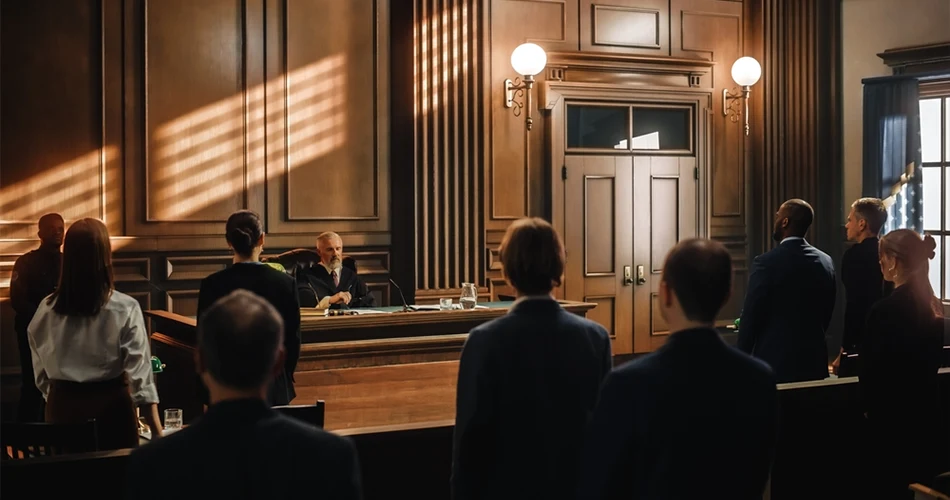Introduction
Legal consultancy contracts are essential documents that regulate the relationship between the legal consultant and the client, ensuring the rights and obligations of both parties. Without a clear contract, legal or financial disputes may arise, negatively impacting both sides. Therefore, a well-drafted contract must include fundamental clauses that ensure transparency, clarity, and protection of the agreed-upon rights. In this article, we will discuss the eight most crucial clauses that every legal consultancy contract should contain.
1. Identification of the Parties
The contract should include detailed information about both the legal consultant and the client, such as full names, addresses, and any other relevant identification details, to clearly define their relationship.
2. Scope of Legal Consultancy
The contract should specify the exact scope of the legal consultancy services, whether they relate to contracts, commercial matters, or other legal areas, to avoid misunderstandings about the services provided.
3. Contract Duration
The contract must clearly define its duration, whether for a fixed period or until the completion of a specific task, to ensure both parties adhere to the agreed timeline.
4. Fees and Payment Terms
Details regarding the consultant’s fees should be explicitly mentioned, whether they are fixed, hourly-based, or a percentage of a deal or case value. Additionally, any extra costs, such as court fees or administrative expenses, should be clearly outlined.
5. Obligations of Both Parties
The responsibilities of each party should be explicitly defined. For instance, the legal consultant must provide accurate and timely advice, while the client must supply the necessary documents and information.
6. Confidentiality and Information Protection
Given the sensitive nature of legal matters, a confidentiality clause must be included to ensure that all exchanged information remains private and is not used for any purposes outside the legal consultancy agreement.
7. Dispute Resolution Mechanism
In case of any disputes between the parties, the contract should outline a clear resolution mechanism, whether through arbitration, mediation, or court proceedings, to avoid prolonged legal complications.
8. Termination and Renewal Terms
The contract should specify the conditions under which either party can terminate the agreement, whether through prior notice or in cases of contractual breaches. Additionally, renewal terms should be outlined if applicable.
Conclusion
Legal consultancy contracts serve as a safeguard for both parties, ensuring their rights and clearly defining their obligations. Including these essential clauses in any legal consultancy contract helps prevent disputes and ensures a smooth and professional working relationship. Before signing any contract, it is crucial to ensure that all clauses are clear and align with the best interests of both parties.














